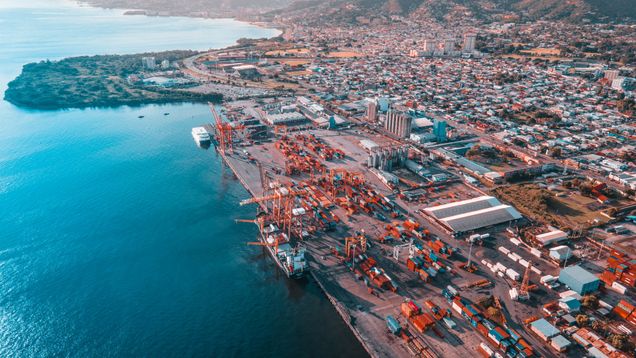The Impact of Trade and Investment Treaties on Mobilization of Taxation in Developing Countries

Developing countries need more fiscal revenue to build their infrastructure, achieve energy security and environmental sustainability, and provide social services necessary for human development. While trade and investment treaties have typically been assumed to be revenue-neutral, economic studies demonstrate that such is not the case. The legal literature has not given much consideration to this issue, assuming instead that the tax effects of economic globalization were addressed by bilateral tax treaties. Trade and investment treaties constrain how countries design their tax policy, how they enforce it and how they may change it.
A working paper by Sonia E. Rolland assesses the range of impacts that trade and investment treaties have on domestic policy and on countries’ ability to reshape their tax policy as their socio-economic requirements evolve. It also draws out the implications for the negotiation of future trade and investment treaties as well as for domestic tax policymaking.
Rolland finds that the decrease of tariff rates at the World Trade Organization and in regional trade agreements has decreased the amount of revenue available to developing countries. Non-discrimination commitments also constrain countries’ abilities to design their tax policy with respect to foreign products and foreign serivice suppliers. Overall, the interplay between trade and investment treaties, which is largely unaddressed from a legal perspective, means that benefits secured in the trade regime could be undermined by loopholes in the investment regime. Preserving tax policy autonomy is therefore a matter of coordination between trade and investment regimes.
Read the Working Paper